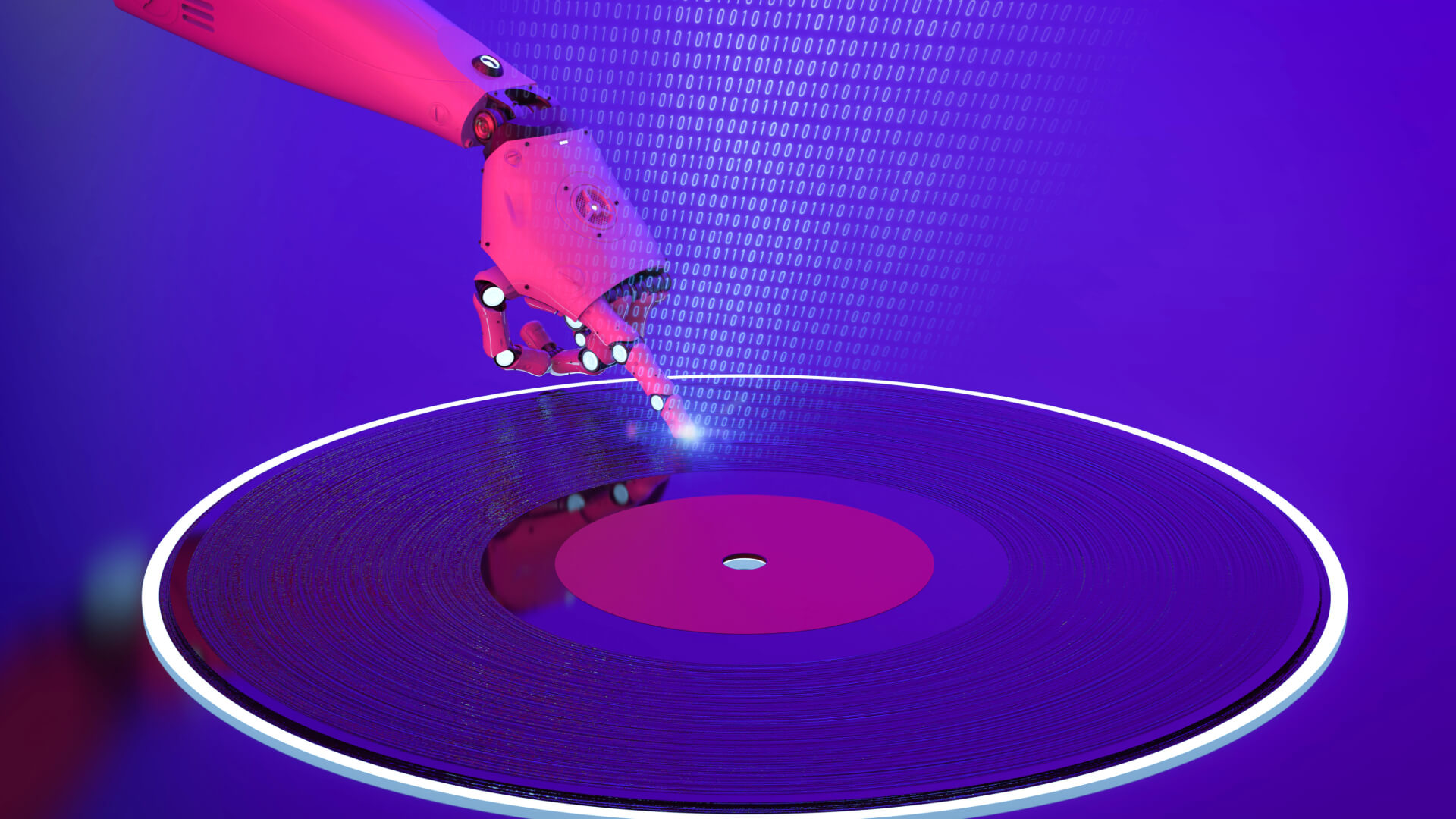Artificial Intelligence (AI) has stormed through in the last few years and finds applications in every field, including music production and sound engineering. One such domain where AI is now beginning to intervene seriously is music mastering. How far can AI go in replacing the traditional workflow of mastering music? In this blog post, we will explore the capabilities of AI mastering and its pros and cons while having references to the traditional methods and the work of a professional mastering engineer.
Mastering Music Online With AI
The rise of AI-powered mastering services raised one common question: “Can AI master music?” In short, yes. AI has advanced to the point of producing professional-grade masters quickly and efficiently. Waves Online Mastering is a service that uses expert input to train its machine learning algorithm, giving high-quality results in return.
Advantages of AI Mastering:
- Speed and Efficiency: AI mastering services will breeze through full tracks within minutes, making the process ideal for tight deadlines.
- Ease of Use: AI mastering is designed with a user interface that is straightforward and has settings friendly to the least tech-savvy person.
- Cost-Effective: Starting at just a few dollars per track, AI mastering is an affordable option for many artists.
However, in the case of AI mastering, there could be pitfalls. It has the aspect of being convenient and quick, but maybe it lacks the kind of fine-tuned control and hand-held customization that traditional mastering offers.
Comparing AI and Traditional Mastering
Quality of the Master
AI mastering can yield decent results, especially for people who lack intensive knowledge of mastering or the arsenal to do that, such as Waves Online Mastering. By using machine learning together with award-winning audio processing, it delivers top-flight masters. On the other hand, traditional plugin-based mastering gives much more control over dynamics, EQ, and other parameters, allowing for a more custom finish.
Ability to Refine the Finished Product
AI mastering is fast and super easy, though it does not have the level of control offered by plug-ins. With traditional mastering, you can adjust every little nuance of your track so the final master is just like you would want it to be. In this adjustment, it is crucial for someone looking to have the best quality.
Time Investment
AI mastering is incredibly time-efficient, often completing the process within 10 minutes. Traditional mastering, on the other hand, requires a more significant time investment, not only in the mastering process itself but also in learning the necessary skills and tools.
Continuity and Cohesion
When mastering multiple tracks, such as an album, maintaining continuity and cohesion is crucial. AI mastering processes each track individually, which may result in inconsistencies in volume, tone, and sonic character. Traditional mastering, whether done with plugins or by a professional engineer, ensures a cohesive listening experience throughout the project.
Cost Considerations
In the short term, AI mastering is more affordable, with services like Waves Online Mastering starting at just $2.99 per track. However, investing in high-quality mastering plugins and learning to use them can be more cost-effective in the long run. Additionally, hiring a professional mastering engineer is the most expensive option but offers the highest level of expertise and quality.

